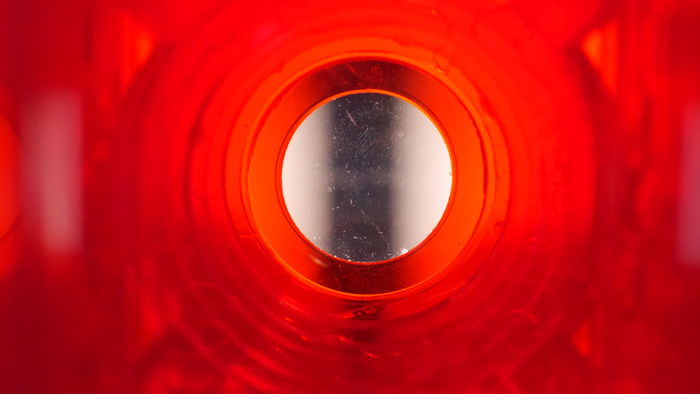User:Susanna: Difference between revisions
| Line 40: | Line 40: | ||
Place negative in film drawer with emulsion facing down | Place negative in film drawer with emulsion facing down | ||
Adjust size and focus | Adjust size and focus | ||
2 stops aperture | 2 stops aperture | ||
Contrast on 2 | Contrast on 2 | ||
Revision as of 13:47, 19 March 2019
Self-Directed Research
TRIMESTER 2
Pinhole camera
TRIMESTER 1
Analog photography
I came to the PZI with the intention to learn more about photography and cinematography. For these first few months I focused my attention on analog photography. I took several pictures with my Lubitel 2 (120mm) and my Praktica (35mm) both with colour and b&w film. As Barend suggested I set myself a challenge: to take 10 photos a day for 10 days and then just look at them and see where this experiment would take me. It was not easy as at first I was stuck with the question on what to photograph. I couldn't find subjects that were interesting enough to capture. After a couple of days I shifted my focus on how to photograph things. I followed some courses on Lynda.com about analog photography and I applied some of the suggestions given. Exposure is definitely something I played with, setting the ISO on the camera to a value lower than the one on the film and playing with light sources. With the Praktica I also tested with a lens found in a flea market. The Lubitel presented more challenges as it doesn't have an internal light meter. So when I'm using it I always write down what settings I'm using and in what kind of light I am taking the photograph. With the help of the staff from the audiovisual station (and also with more online courses) I also learnt how to develop film, enlarge and make prints. As I always looked at analog as some sort of mysterious process, learning how to use the dark rooms was really interesting and revealing. The focal camera project perfectly fitted into this research. Being able to build a camera, choosing the lens and making it work was really interesting and clarified a few points. In order to push this research further I will experiment with printing techniques, and with the colour dark rooms now that they are also available. Improving my focal camera is also part of my research (see dedicated section).
Black and white dark room - notes on developing film
- Water: 20 degrees, 4 min in tot, agit for1 min continuously then leave for 30 sec, agit 4 times and repeat.
- Developer (tot time depends on type of film) agitate 1 min, then every 30 sec two times until time is up.
- Water: agit 1 min and empty
- Fixer: 5 min in tot, agitate 1 min continuously then every 30 sec two times until time is up.
- Water: 20 deg, 1 min agit constantly but slowly and then throw away and put new water x 10 at least.
- Wetting agent: take out the reel and put in the liquid for 1 min.
Black and white dark room - notes on enlarging/printing
Dark negatives= over exposed
Over exposure can be fixed
Under exposure cannot be fixed because we have less info
Place negative in film drawer with emulsion facing down
Adjust size and focus
2 stops aperture
Contrast on 2
Average time of exposure 10 sec
Put red filter when using paper
What I'm reading
- The Photography Handbook - Terence Wright / selected chapters
- The Photography Reader - Liz Wells / selected chapters
- Understanding a Photograph - John Berger -> synopsis
- True Stories - Sophie Calle
- The Medium is the Massage - McLuhan -> synopsis
Thematic projects
Reading and Writing Research Methods
Methods/session 1 Three things
Methods/session 2 Self-directed methods
Methods/session 2 Notes from Only Weeds Emerge
Methods/session 9 Research Group

